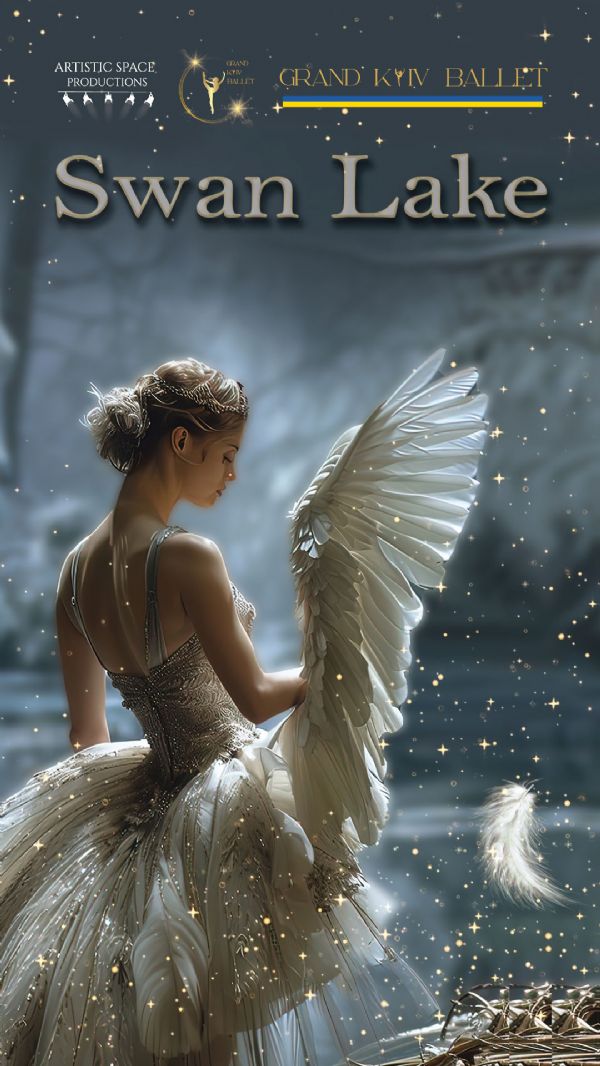
They say Rome wasn't built in a day, but it might have been if Ridley Scott was in charge of that project. The octogenarian shows no signs of halting his career and continues to knock out the sort of epic movies most filmmakers spend multiple years slaving over. It's remarkable that a film as big as Gladiator II is arriving a mere year after Scott's similarly large scale Napoleon. That said, this sequel feels like a product that has been rushed to market rather than one that has had a full 24 years to nail down its story.
A key image in 2000's Gladiator was that of Russell Crowe's Maximus brushing his hand across rows of corn stalks, a symbol of his dream of one day being granted his freedom from his position as general in the Roman army and returning to his modest farm and family. Gladiator II opens with a close-up of its hero's hand filled with grain, letting us know that this movie will follow a protagonist who is living the life Maximus could ultimately only dream of.
Said protagonist is Lucius (Paul Mescal), son of Lucilla (Connie Nielsen, making us all feel self-conscious by still being able to pull off the same figure-hugging ensemble she sported 24 years ago). As flashbacks reveal, Lucilla sent her son away from Rome following the events of the first film. Two decades later we find him living in a community of warriors on the North African coast, which comes under attack by Roman forces lead by General Marcus Acacius (Pedro Pascal). Just as Maximus lost his wife and son, Lucius suffers a similar loss when his wife dies in battle. And just as Maximus ended up being purchased by a former slave turned gladiator stable owner, so too does Lucius, who finds himself in the stable of Macrinus (Denzel Washington). Lucius's formidable skill in the arena leads to him being brought to Rome, where again like Maximus, he becomes a star of the Coliseum as he gets embroiled in a political power struggle.
As we've become accustomed to with modern "legacy sequels," Gladiator II is practically a rehash of its predecessor's plot. Unfortunately this results in it being defined not by its additions, as it fails to add much of note, but rather by its notable absences. Though a buffed-up Mescal certainly looks the part, he's a poor substitute for Crowe, who sold Maximus's strength with the power of his gaze as much as his physique (on a rewatch of Gladiator I was struck by how well Scott used the eyes of his performers, an element absent here). Joaquin Phoenix's scenery chewing villain Commodus is sorely missed, replaced her by two antagonists in brothers Geta (Joseph Quinn) and Caracalla (Fred Hechinger), two real life emperors portrayed here like a Roman Jedward, complete with matching hairstyles. The slave played by Djimon Hounsou in the original, who acted as a moral centre for Crowe's Maximus, is reworked here into a freed gladiator turned doctor (Alexander Karim) whose job is to refresh the memories of both Lucius and the audience regarding how Gladiator II's protagonist is connected to the first film. Harry Gregson-Williams' score has none of the weight of Hans Zimmer's booming Holst tribute.
Perhaps the biggest loss is that of the first film's roster of classic British and Irish thespians, with Oliver Reed, Richard Harris and David Hemmings sadly no longer with us, though Derek Jacobi does briefly reprise his role of Senator Gracchus. The job of providing acting gravitas falls solely on the shoulders of Scott brothers' fave Washington. The actor stands out here with a level of charisma his co-stars can't compete with, but also because his character feels like a modern time-traveller who has returned to Ancient Rome with the knowledge of how this all plays out. Where the first film harked back to the historical epics of mid-20th-century Hollywood, Gladiator II betrays the influence of Game of Thrones, particularly in Macrinus's Iago-esque arc. This results in a film that rushes through the sort of plot that would play out over multiple seasons of a TV show, and its various character arcs come off as insubstantial and unconvincing in the process.












